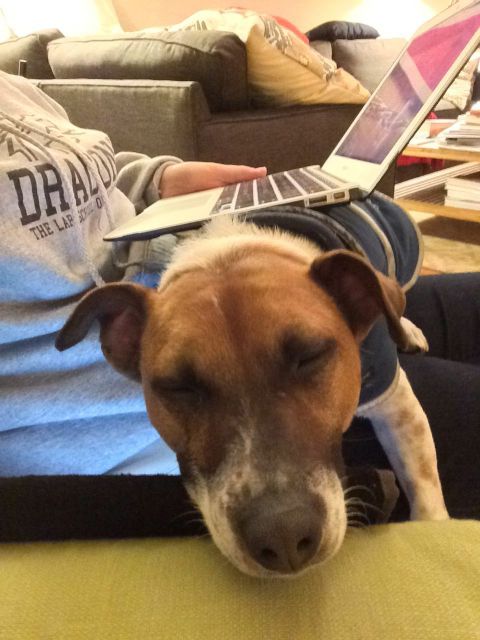Leaving Behind an Immense Responsibility
/This week I told my students that I will not be returning next year to teach them. It was a tough conversation, one that I had with each of my four classes as well as with the movie club that I sponsor. Each discussion garnered a variety from responses, ranging from sincere disappointment to superficial concern about the whereabouts of the couch next year. I explained to them that I am going back to school to study how to teach writing to students whose brains work like theirs do.
To say I am ambivalent would be to deny the gravity of my decision to move onward. To say that leaving is bittersweet would be to conceal my actual feelings under a cliche--something I've discouraged students from doing for years. Perhaps I could say that I am conflicted, though that, too, undermines the certainty I feel about moving on. If there is ever to be a good time to leave behind my duties, and my identity, as a teacher, now is that time. I am tired, but not so tired that I am not teaching well; disillusioned by the disparity between what I want to be able to do and what I cannot do, yet not in despair over what remains impossible; sufficiently disturbed to take action, and experienced enough to know what action needs to be taken; frustrated with the state of education, yet hopeful enough to make improving it the purpose of my career.
I introduce myself as a teacher. In return, I receive compliments, scorn, condescension, and admiration. Most frequently, however, I am greeted with amazement. How do you deal with kids every day? Teenagers, oh my! Something about these responses conveys the belief that some kind of magic, some enigmatic ability, exists within each teacher; it's as if there's something bewildering to observe in someone who has the skills--gained through years of experience--to instruct children day after day. But it's not magic, and it's not a mystery. It's a lot of dedication, and patience, and continual learning. It requires thinking about thinking, and doing so anew each day, with each kid.
To introduce myself as something else will feel odd at first. It is who I have been for what feels like so long, but isn't actually that long. Every day, I feel the pressure of making a positive impact, and I worry about saying the right thing at the right moment in order to affect each and every student in the way that I think will help them grow and learn the most. I never know if a flat-out "no" to an answer is going to hurt someone, or how much a word of encouragement can mean. It is, of course, impossible to know, and it may seem silly to worry so much. But when I hear stories from my students of being insulted or demeaned by former teachers, I realize that they remember what people tell them, sometimes for years. I will miss this immense responsibility and privilege, and I hope I will not forget how challenging it is to perform, instruct, confer, create, and inspire.



















